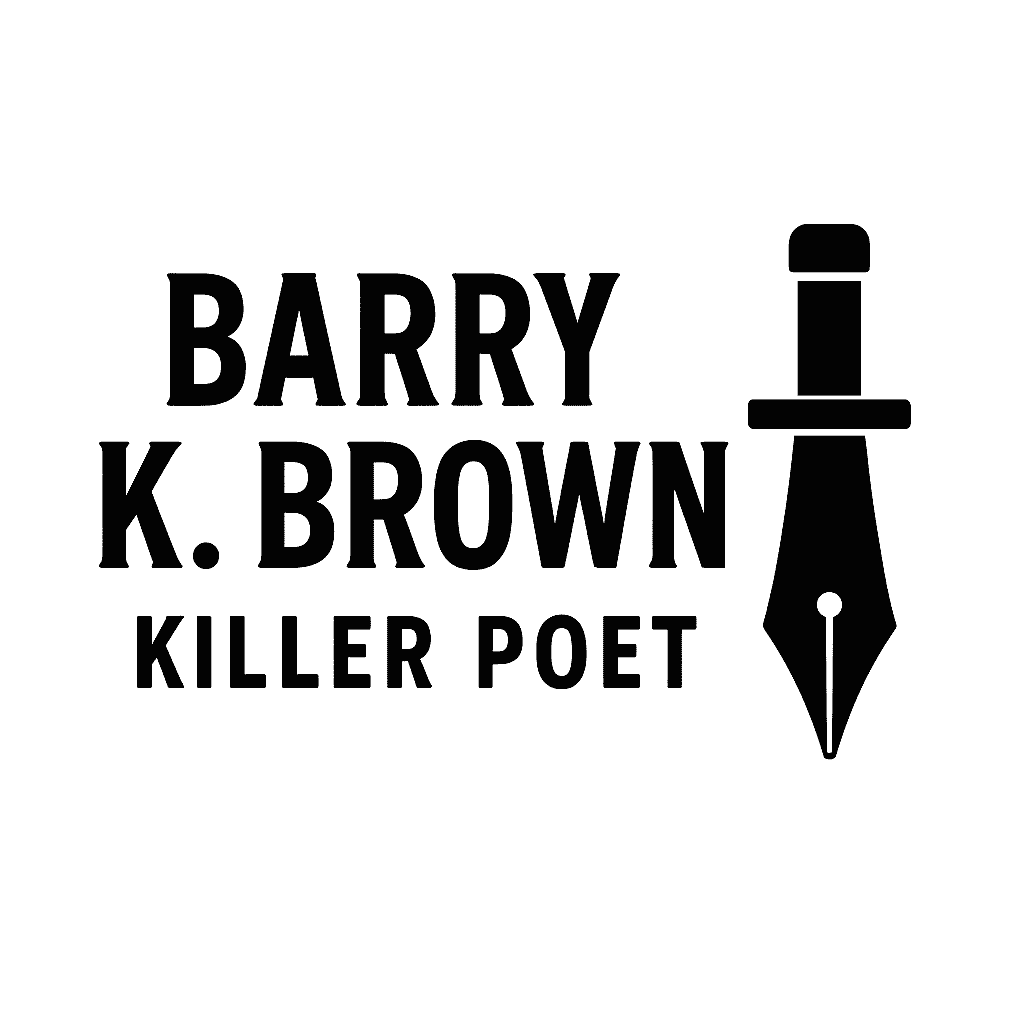Launching a book is an exciting journey, but without the right marketing plan, it can also be overwhelming. Whether you’re an indie author or a small publisher, implementing a well-structured 90-day marketing plan can help you position your book for success. Below, we outline actionable steps that will give your book the visibility it deserves and set you on the path to bestseller status.
Week 1-4: Building Your Foundation
Define Your Audience
Before you can market your book effectively, you need to know who your target audience is. Creating a clear picture of your ideal reader will help you tailor your marketing messages and strategies.
- Identify demographics: Age, gender, location, interests.
- Understand their challenges: What problems does your book solve for them?
- Research their media habits: Where do they spend their time online?
Develop Your Brand
Establishing a cohesive author brand can make your book stand out.
- Create an author website: This will serve as your central hub for all information related to you and your book.
- Develop a consistent voice: Ensure your writing style, social media presence, and promotional materials align with your brand identity.
- Design eye-catching graphics: Use tools like Canva to create visuals that resonate with your audience.
Craft a Compelling Book Description
Your book’s description is essential for converting potential readers. It’s your pitch!
- Write a hook: Capture attention within the first few sentences.
- Highlight benefits: Explain what readers will gain from reading your book.
- Use formatting: Use bullet points, italics, and bold text to make your description scannable.
Week 5-8: Pre-launch Buzz
Create a Pre-launch Strategy
Start generating excitement about your book before it’s available.
- Leverage social media: Announce your release date and share behind-the-scenes content.
- Engage your audience: Ask for input on cover designs or create polls related to your book’s themes.
- Build an email list: Offer a free chapter or exclusive content to encourage sign-ups.
Partner with Influencers and Bloggers
Collaborating with influencers can amplify your reach.
- Identify potential partners: Look for bloggers, podcasters, and social media influencers in your genre.
- Pitch your book: Offer them a free copy in exchange for an honest review or mention.
- Create a guest post strategy: Write articles for relevant blogs to reach new readers.
Organize a Virtual Launch Event
A virtual launch event can create a community feel and increase engagement.
- Set a date and time: Choose a date close to your book release.
- Choose a platform: Consider Zoom, Facebook Live, or Instagram Live.
- Promote the event: Share details across your social media channels and through your email list.
Week 9-12: Launch and Beyond
Implement Your Marketing Plan
It’s time to put your strategy into action on launch day!
- Send out your press release: Adapt your book’s information into a compelling press release and distribute it to relevant media outlets.
- Initiate an email blast: Inform your subscribers that your book is live and offer a special launch day discount.
- Leverage social media ads: Consider running targeted ads to reach a wider audience.
Encourage Reviews
Reviews are crucial for credibility and visibility.
- Ask for honest feedback: Encourage readers to leave reviews on platforms like Amazon and Goodreads.
- Create a review team: Invite your most ardent supporters to read and review your book pre-launch.
- Host a giveaway: Offer an incentive for readers to leave a review—enter everyone who leaves a review into a draw for a prize.
Evaluate and Adjust
Once your book has launched, monitor the effectiveness of your marketing plan.
- Track your sales data: Use analytics tools to see what’s working.
- Listen to feedback: Adjust your marketing strategies based on reader responses.
- Keep the momentum going: Continue engaging your audience and finding new ways to promote your book.
Key Strategies for Long-term Success
Create Ongoing Content
Keep your audience engaged by producing additional content related to your book.
- Blog about your writing journey: Share insights, challenges, and successes to create a personal connection.
- Use social media consistently: Regularly post updates, writing tips, and personal anecdotes to maintain interest.
- Consider add-ons: Create supplemental materials, such as workbooks, guides, or short stories that complement your book.
Networking and Community Building
Creating relationships within the literary community can lead to future opportunities.
- Attend book fairs and conferences: Network with fellow authors, publishers, and readers.
- Join writing and marketing groups: Engage in discussions, share experiences, and learn from others’ successes.
- Participate in forums: Websites like Goodreads or Facebook groups provide platforms to connect with readers and share your expertise.
Revisit Your Marketing Plan
A dynamic marketing plan is essential as your career evolves.
- Assess effectiveness: Regularly evaluate which strategies yield the best results and pivot as necessary.
- Stay informed: Keep up-to-date with marketing trends and reader preferences.
- Experiment: Be open to trying new strategies, whether it’s TikTok videos, podcasts, or live readings.
Conclusion: Successful Marketing Plan for Your Next Book
Crafting a successful marketing plan for your book launch doesn’t have to be complicated. By following this 90-day framework, you can create an integrated approach that builds excitement, engages your audience, and ultimately, drives sales. Remember that your marketing efforts don’t stop once the book is published; maintaining ongoing relationships with your readers and adapting your strategies will ensure lasting success.
Embrace your journey as an author, stay flexible, and continually refine your marketing plan. With dedication and creativity, you can transform your book into a bestseller and build a loyal audience for all your future works!

